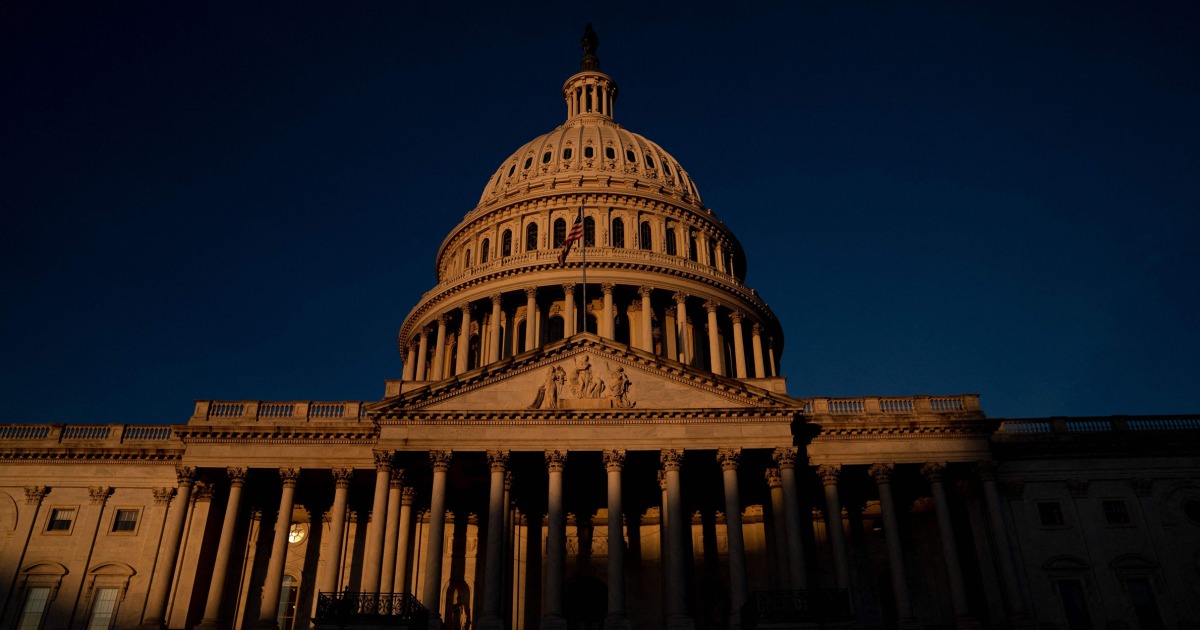Many of Minnehaha County Auditor Leah Anderson’s claims about discrepancies in the county’s 2020 election results, which she has connected to a supposed algorithm altering absentee ballots to aid Democratic candidates across the country, come from analysis of county election data that she gave to a “data expert” named Jeffrey O’Donnell.
O’Donnell has become a figure in the election integrity movement who is often called “Lone Raccoon.”
But after viewing a publicly posted video, where O’Donnell outlines to South Dakota Canvassing Group President Jessica Pollema what he calls the proof of vote manipulation in South Dakota, an expert in the field of elections administration told the Argus Leader that Anderson’s data expert had “a deep misunderstanding of how elections work.”
Philip Stark is a professor of statistics at the University of California, Berkeley. He has served on the U.S. Election Assistance Commission’s Board of Advisors since 2016, has testified as an expert witness in federal election integrity cases and is the developer of the “risk-limiting audit,” a rigorous process that is required by law for elections in several states and under a pilot program in others.
He began by saying that he agreed with O’Donnell on several points, saying that there were often real problems with how elections in the U.S. were run, and that security and trust issues were real.
But, Stark emphasized, nothing that O’Donnell pointed to in the video was fraud, or proved fraud. The idea of an algorithm altering votes nationwide “doesn’t make sense on technical grounds,” given that there is no central hub that election results travel through.
O’Donnell’s analysis also has a heavy focus on what he calls “The Mesa Pattern,” which he refers to as “the fingerprints of fraud.” The pattern, he says, is when absentee ballots, which he believes to be randomly distributed, show a significant advantage for the Democratic candidate at the start of a race, before gradually turning toward the Republican candidate.
This doesn’t have to result in a Democratic win, O’Donnell told Pollema, alleging that it happened across the country in 2020 to make Joe Biden’s victory look realistic.
O’Donnell went even further than that at one point, stating that he believes any vote made before Election Day has already been counted by the time voters enter the booths.
“Your absentee votes, and to a degree your early votes, they just give data to the algorithm,” O’Donnell said. “So by the time people walk in on Election Day … in 2020 a lot of places, most of the vote had already been counted. So the algorithm and the machines knew exactly what needed to be done with the election day vote.”
But early advantages for Democratic candidates, Stark said, are indicative of nothing more than that the first batches of votes scanned were from Democrat-heavy precincts. And he said that O’Donnell’s use of statistics analyzing the Mesa Pattern showed that he “doesn’t understand what random sampling is like,” and that absentee votes were inherently not random.
“He puts these plots up and says ‘Look, fraud,'” Stark said. “And I say, ‘I see what you’re pointing at but it’s not fraud.’”
Differences between in-person and absentee voting ‘absolutely not surprising’
Asked about some of Anderson’s personal claims from viewing the 2020 election data, which she has not released any evidence of and which the South Dakota Secretary of State’s office have called “mostly taken out of context of what is fact and used to run her own narrative,” Stark said there were issues as well.
Anderson said there was “a drastic difference in the vote percentages between in-person and absentee voting” in her initial release. While she didn’t elaborate on the meaning, it seems likely that she’s referring to the differences in the voting methods’ results between Donald Trump and Biden.
Stark said it was “absolutely not surprising, especially in 2020,” to see differences of that type in voting methods. Republicans were regularly discouraged from voting by mail, he said, and Democrats were more likely to take precautions around COVID-19, including mailing in their ballots.
“Vote by mail is not a random sample of all votes,” Stark said.
Anderson also wrote that the 2020 audit logs revealed “over 24,500 ballots that were not accounted for by the tabulators per review and analysis of the audit logs.” She states the official record of votes shows 92,326 votes that were cast in Minnehaha County, while the audit logs only show 68,922 ballots (which is a difference of 23,404 ballots, slightly less than Anderson’s claim).
Stark said the phrase “audit log” was ambiguous and that he’d like to understand more about the discrepancies she was describing. Anderson agreed to, rescheduled and eventually declined an interview regarding the claims when asked by the Argus Leader last week.
‘The push for hand-counting is misguided’
Stark emphasized that while he has not seen large-scale fraud in any election in the U.S., he also didn’t believe that elections are run in a way where you could prove fraud.
How you would do that, he said, is hand-marked paper ballots that go through an optical scanner before being audited, all across the country.
“The push for hand-counting is misguided,” he said in regards to elections being entirely hand-counted, adding that fraud existed before voting machines.
More: Minnehaha County auditor wants hand-counted audit of every vote in June 4 primary
But told of Anderson’s plan to perform a hand-counted audit of 100% of the votes in the county’s June 4 primary, Stark was somewhat more accepting.
“It’s expensive and error prone,” he said, “but it’s not a bad idea.”
Anderson is expected to discuss that audit at 9 a.m Tuesday with the Minnehaha County Commission.
This article originally appeared on Sioux Falls Argus Leader: Elections expert describes issues with Minnehaha auditor’s claims
Signup bonus from





